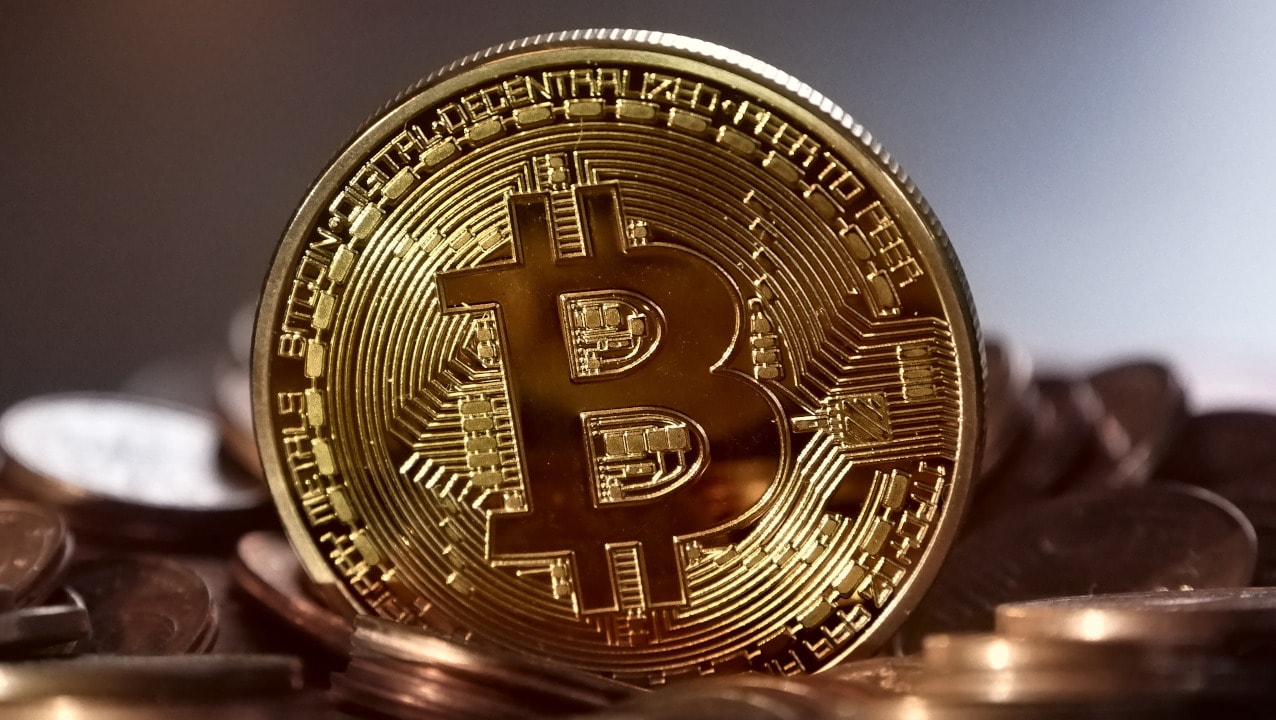As we’ve written in the past, David Beckham has a long list of lucrative sponsorship deals, especially on the watch front. He’s working with brands like Tudor, Maserati, Adidas, Diageo, and Sands. Well now you can add cryptocurrency to that list.
Related: Making money in real estate: Getting the right type of mortgage to further grow your net worth
DigitalBits blockchain announced Beckham as their global brand ambassador. In his role, Beckham will help communicate what DigitalBits is to consumers, brands and other organizations worldwide.
DigitalBits will get to tap into Beckham’s massive digital presence, with a following of more than 138 million. His annual impressions surpass 9 billion across Instagram, Facebook and Chinese platforms Weibo and Douyin, which has the highest engagement of any international account. He is also the most followed and engaged individual on social media in the U.K.
DigitalBits hopes this deal will help bring their technology to more of a mainstream audience.
“I am always keen to find new ways to connect with my fans across the world,” Beckham said in a statement. “I knew that this was a major opportunity to create new experiences for my fans online. I have always taken pride in working with the best teams and I am so excited to work on my NFT collections and more innovations in the future.”
The basics of cryptocurrency
We’ve covered cryptocurrency a lot, getting into some reasons for its increasing appeal among investors.
Speculation is still a major driver in the growth of virtual currencies. While the price of Bitcoin is (relatively?) high, other cryptos can be purchased for a few dollars, sometimes for fractions of a dollar, per unit. In the event of the asset reaching a mere dollar or two in value, the returns can be astounding. For the current prices of most cryptos, you can visit here.
The appeal of virtual currencies
Other than potentially sky-high returns, what advantages does investing in virtual currencies offer?
Perhaps their most appealing feature is that transactions are secure and private. Blockchain technology was designed around safety and, at a time where privacy is becoming a growing concern, it can keep transactions highly confidential (not completely anonymous, as is sometimes misunderstood).

Photo by Thought Catalog from Pexels
Cryptos have two major advantages over other transaction systems: higher speed and lower costs. As an example, we can look at XRP – a digital currency that was built to improve payments. It can process 50,000 transactions per second. That is twice the speed of industry leader Visa that can handle 24,000.
Both of them easily outperform the traditional SWIFT network used by banks, which can take several (business) days to clear a transaction.
What are the risks?
A potential use for these assets could be to facilitate access to financial services in areas where traditional institutions do not have cover, mainly in developing countries.
There are however, some risks for investors. The main one is volatility; this market is young and subject to massive swings. There is risk of manipulation by investors that hold unusually high amounts of coins, known as “whales”. They can start executing transactions in order to drive prices up, simply to dump units in large volumes to cash out.
Offline storage options for security
While blockchain technology is extremely safe, the storage and trading of cryptos can suffer from hacking and theft, and digital coins can’t be replaced if stolen. This is why investors usually opt for offline storage options, or “crypto wallets”.
The most popular ones are physical units, usually the size of a USB drive, such as Trezor and Ledger Nano. Since Bitcoin requires two keys for access and trading, it is possible to keep these codes on paper, but it is inconvenient if one wants to sell them.
Thinking about jumping in?
Investors who decide to enter this market have 3 ways to purchase virtual currencies. The most common is to open an account in one (or more) of the multiple exchanges that operate around the world. They differ in the variety of coins they support, transaction volume, and trading fees. Some of the best established ones are: Binance, Coinbase, Kraken, and Bitfinex.
An important consideration is the fiat currencies that are supported by the exchanges. Investors looking for Canadian-based exchanges have options like BitBuy, Coinsquare, Newton, and Coinberry.

Image via Pexels
While exchanges are generally safe, there have been exceptions. For example, major exchange KuCoin was hacked recently (September, 2020) and lost $150 million in Bitcoin and other coins. An unsettling anecdote was the untimely death of the CEO of the (now extinct) QuadrigaCX exchange.
He was the only person with the master codes to retrieve the money deposited in all accounts, more than $190 million. Upon further investigation, Canadian authorities found out that he had been conducting fraudulent transactions with client accounts.
These are exceptions, but the illustrate that the crypto market has yet to achieve maturity.
Bitcoin ATMs
Investors can also purchase digital currencies from dedicated ATMs (the most common, of course, are Bitcoin ATMs). You can find them across several Canadian cities. Some of them accept debit cards and users need to have a wallet, as previously explained.
Finally, it is possible to trade coins in a private, peer-to-peer transaction.
It is too early to know the exact impact that cryptocurrencies will have and which ones (if any) will be viable in the long-term.
TOP IMAGE: DIGITALBITS BLOCKCHAIN

A business professional turned writer, Ricardo has a passion for presenting complex ideas in a reader-friendly way. He has worked for blue chip corporations in Canada, ran a restaurant franchise in Venezuela and developed a papaya farm in the tropical jungles of southern Mexico.
His education includes an MBA, specialized financial training, and a variety of professional writing courses from the University of Toronto. He has published personal finance articles in both English and Spanish.
Ricardo lives in Toronto with his wife and daughter.








